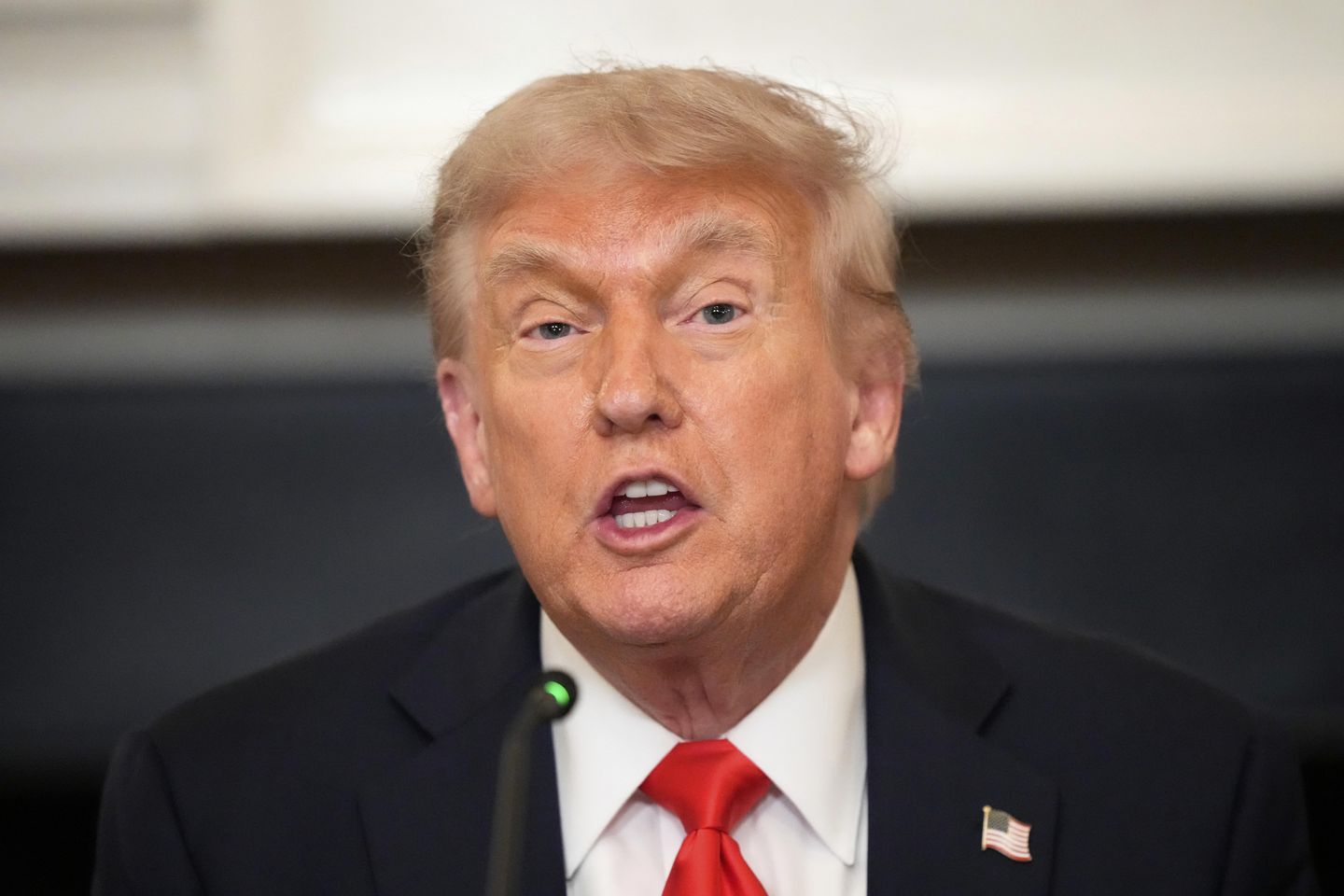
President Trump says his top trade negotiators will meet with their Chinese counterparts on Monday in London to discuss the next steps in settling trade disputes.
The meeting suggests the world’s largest economies are seeking cooperation and progress after Mr. Trump and Chinese President Xi Jinping spoke about trade for more than an hour on Thursday.
“The meeting should go very well. Thank you for your attention to this matter!” Mr. Trump wrote Friday on Truth Social.
Mr. Trump said Treasury Secretary Scott Bessent, Commerce Secretary Howard Lutnick and U.S. Trade Representative Jamieson Greer will lead the U.S. delegation in London.
Unlike countries that came to the negotiating table, China retaliated against Mr. Trump’s April 2 “Liberation Day” tariffs by imposing hefty levies on U.S. goods.
A de-escalation meeting in May knocked down sky-high tariffs above 100% from both sides. The U.S. is charging a 30% tariff on Chinese goods and China put a 10% tariff on American goods that cross its borders.
Now, both sides are trying to resolve deeper trade tensions.
Beijing wants Washington to drop its tariffs on Chinese goods and export controls on semiconductors.
Mr. Xi also wants to “save face,” said Ryan Young, a senior economist at the Competitive Enterprise Institute think tank.
“Tariff relief is part of what they want for economic reasons, but this is a political issue first,” Mr. Young said. “Xi Jinping wants to look strong against the U.S., because that will help him keep political opponents at bay.”
Mr. Trump is trying to stem the flow of cheap Chinese goods that undercut U.S. manufacturers and get Beijing to open up its markets, while correcting trade practices the American side views as unfair.
He also wants China to relax its tight controls on the export of rare earth minerals that automakers, military equipment manufacturers and other industries rely on.
Trump administration officials say they have the upper hand, since Beijing can ill afford a hit to their export-reliant industries given underlying weakness in its economy.
However, the U.S. faces its own pressures, including price-sensitive consumers who would balk at higher prices from tariffs.
“Tariffs are dragging down both economies,” Mr. Young said. “Both sides know this, even if the U.S. president will not admit it. Since China is not a democracy, its officials are not as scared of a recession as U.S. politicians, whose jobs are at risk.”












